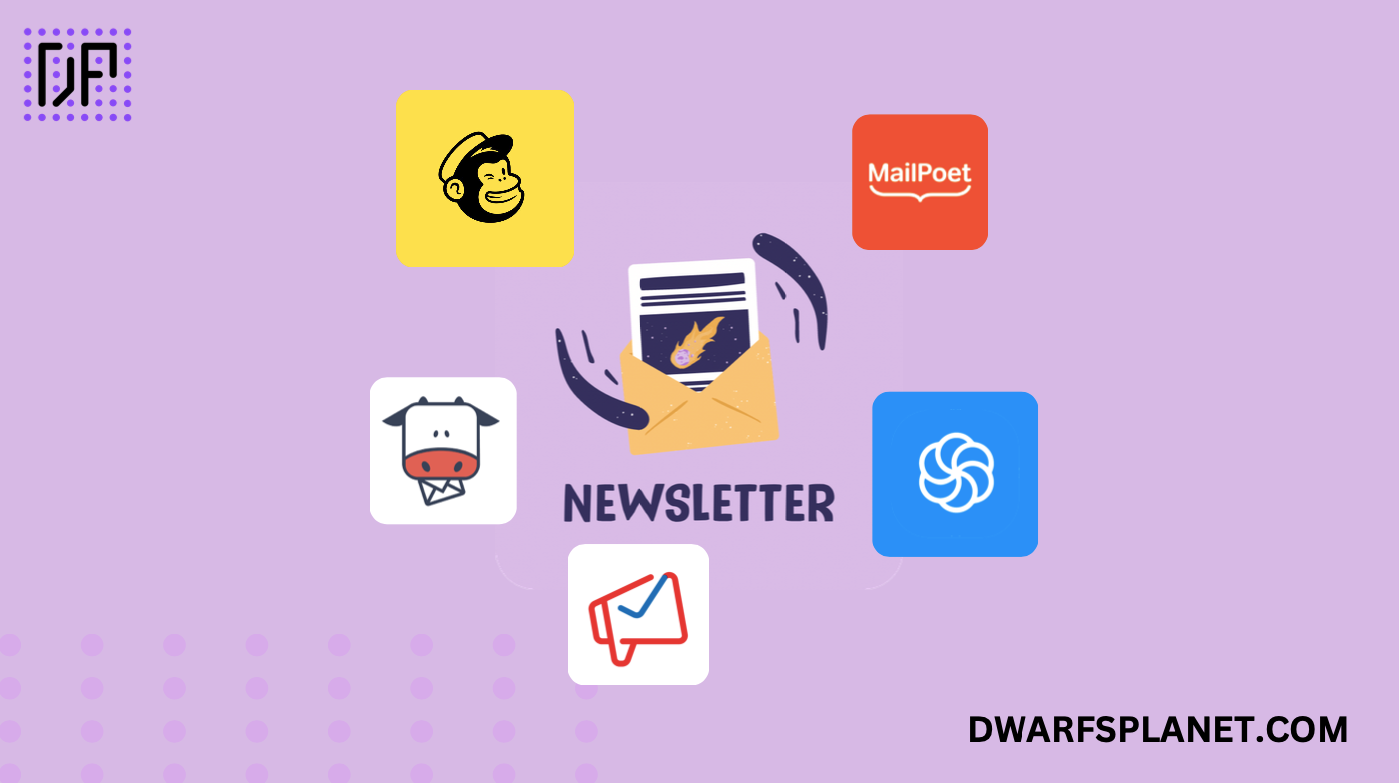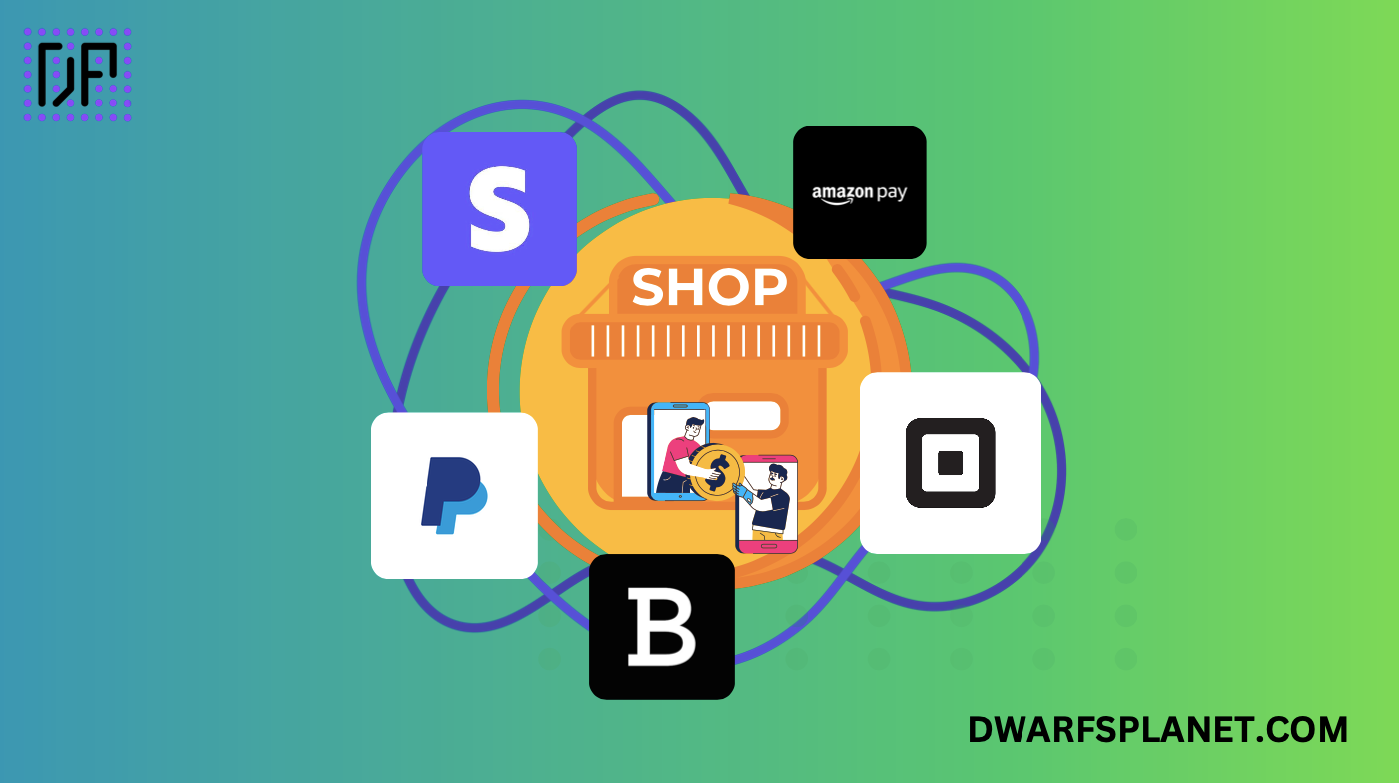Analytics tool integrated with HubSpot CRM.
HubSpot Analytics is an integrated analytics solution within the HubSpot platform that provides comprehensive insights into marketing, sales, and customer relationship management (CRM) activities. Designed for businesses looking to centralize their analytics efforts, HubSpot Analytics offers a range of tools to track website traffic, content performance, email marketing, social media engagement, and sales funnel metrics. The platform combines these insights with robust CRM capabilities, enabling businesses to create data-driven marketing campaigns, optimize sales processes, and improve customer engagement—all within a single interface.
Key Features:
- Traffic and Website Analytics: Track website visitors, page views, session duration, and bounce rates, with detailed insights into traffic sources and user behavior.
- Conversion Tracking: Measure the performance of landing pages, forms, and CTAs (calls to action) to understand conversion rates and optimize for higher lead generation.
- Campaign Analytics: Analyze the effectiveness of marketing campaigns across multiple channels, including email, social media, and paid ads, to see what drives the most engagement and conversions.
- Attribution Reporting: Understand which marketing channels and touchpoints contribute most to conversions, using first-touch, last-touch, or multi-touch attribution models.
- Sales Funnel and Pipeline Analytics: Monitor sales activities, deal progress, and pipeline performance to identify bottlenecks and opportunities for improvement.
- Customer Journey Tracking: Gain insights into customer interactions across all stages of the funnel, from lead generation to deal closure and beyond.
- Dashboards and Custom Reports: Build customizable dashboards and reports to visualize key performance indicators (KPIs) and metrics that matter most to your business.
- Integration with HubSpot CRM: Seamlessly integrates with HubSpot’s CRM, enabling unified data management across marketing, sales, and customer service teams.
Benefits:
- Unified Platform: Provides a single source of truth for all marketing, sales, and customer data, reducing silos and improving cross-departmental collaboration.
- Easy-to-Use Interface: Designed for non-technical users, with an intuitive interface that makes it easy to access and understand key metrics without a steep learning curve.
- Comprehensive Insights: Offers end-to-end analytics, from traffic and lead generation to sales and customer retention, providing a holistic view of performance.
- Improved Decision-Making: Enables data-driven decisions by providing detailed insights into the effectiveness of marketing campaigns, sales processes, and customer interactions.
- Automation and Personalization: Leverages analytics to automate marketing and sales workflows, enabling personalized customer experiences that drive engagement and loyalty.
Strong Suit:
HubSpot Analytics excels in providing a fully integrated, all-in-one solution that combines marketing, sales, and CRM analytics in a single platform. It is particularly valuable for small to medium-sized businesses looking to consolidate their analytics efforts and improve collaboration across teams.
Pricing:
- Free Tools: Basic analytics features, including traffic and conversion tracking, are available with HubSpot’s free CRM.
- Starter Plan: Starts at $20/month (billed annually) with additional features like email marketing, forms, and landing pages, plus enhanced reporting tools.
- Professional Plan: Starts at $800/month (billed annually), with advanced marketing and sales automation, multi-touch revenue attribution, and custom reporting.
- Enterprise Plan: Starts at $3,600/month (billed annually), offering advanced capabilities like predictive lead scoring, custom event reporting, and advanced analytics.
Considerations:
- Cost for Advanced Features: While the free and starter plans offer basic analytics, access to more advanced features like multi-touch attribution and custom reporting requires a significant investment in higher-tier plans.
- Limited Deep Analytics: HubSpot Analytics is great for comprehensive, integrated insights, but may lack some of the deep, specialized analytics features found in dedicated tools like Google Analytics or Adobe Analytics.
- Learning Curve for Complex Reporting: While the platform is generally user-friendly, some users may find the setup of complex reports and dashboards requires time and training.
- Dependency on HubSpot Ecosystem: Maximum benefits are achieved when using HubSpot Analytics with other HubSpot tools, which may require full commitment to the HubSpot ecosystem.
Free tool for tracking website traffic and user behavior.
Enterprise analytics tool with advanced data analysis features.
Open-source analytics platform for tracking and analyzing traffic.
Summary:
HubSpot Analytics is a versatile, all-in-one analytics platform that integrates seamlessly with HubSpot’s marketing, sales, and CRM tools, offering a comprehensive view of customer journeys, campaign performance, and sales funnel metrics. It is ideal for small to medium-sized businesses looking for an easy-to-use, integrated solution that supports collaboration across teams. While its advanced features come at a higher cost, the platform’s unified approach to data management and analytics makes it a compelling choice for businesses looking to optimize their marketing and sales efforts.














